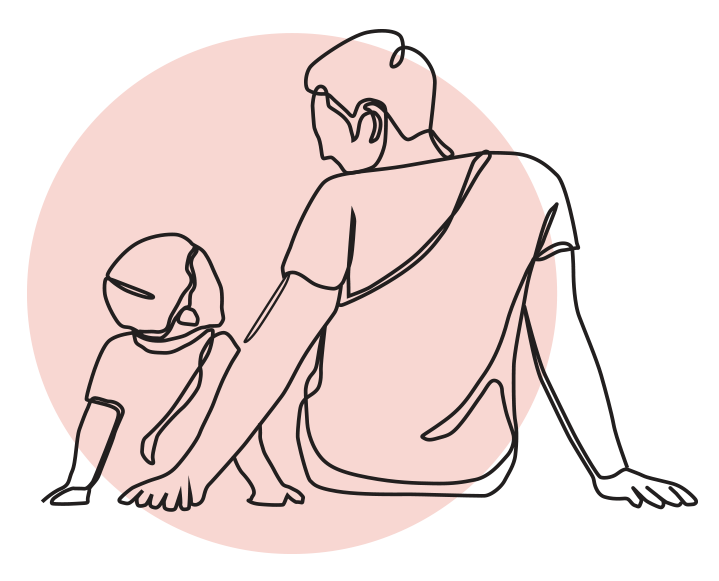We have often found that virtual schools or LEA’s would like to offer professional therapeutic support to the children in their care but that it can prove difficult in practice. As a result we looked at creative and practical ways to offer therapeutic interventions and trained our team specifically to work with this complex client group. With some young people, online sessions can work well and improve access. Please contact chloe@childintime to discuss further.
START-UP
Before counselling sessions begin, we recommend a minimum of
2 x start-up sessions for information gathering and set-up. (2 x 3hrs)
This is likely to include:
- Child in Time link meeting with designated therapist
- Therapist meeting with virtual school link and social worker
- Therapist meeting with school link (teacher)
- Therapist sets up space and resources
- Therapist meeting with carer(s) parent(s) where possible
Start-up is followed by weekly 1:1 counselling sessions.
COUNSELLING SESSIONS BEGIN
The minimum number of weekly sessions we suggest is 12 weeks.
This can then be extended in blocks of six weeks. 1:1 counselling sessions last 50 mins. All work is supervised by a clinical psychotherapist/supervisor.
In addition to the 1:1 counselling these 3hr sessions could include:
- A second 1:1 counselling session if another child is in the same school
- Regular meetings with carer(s) (this could be weekly where appropriate)
- Meetings and support for relevant school staff
- Liaising with other professionals involved (e.g. social workers, virtual school staff)
- Session notes and interim report writing
Outside the 3hrs on-site (at no additional cost)
- Your therapist attends clinical supervision
- Your therapist attends Child in Time group training re LAC
Given the complex histories of this client group and the importance of gaining trust, it is recommended that longer term counselling is considered. This will be discussed on a case by case basis. Twelve weeks can be extremely valuable as a focused intervention. For example if the child/young person has an imminent move, ‘transition’ counselling could be offered for 12 weeks. There is always the possibility of building on this focused intervention when/if possible with another block of (minimum) six sessions and a new focus for the work. given that many children will have a history of broken attachments, we do not want to offer a therapeutic relationship that will be withdrawn unexpectedly. If a change in circumstance is likely, it would be better to work in smaller blocks with managed endings.
REVIEW MEETING & ENDING REPORT
A final review meetings with staff and carer followed by a ‘counselling report and recommendations’ will conclude the intervention.
ROOM & RESOURCES
It is important that counselling takes place in a consistent, confidential space. Ideally the school will already have a ‘counselling’ room or equivalent. If not, we can work together to set one up during start-up meetings. It is very important that this is not changed after set-up. Consistency and confidentiality is vital for building trust in the counselling intervention. The school will be asked to provide basic art materials and a lockable cupboard for resources and confidential client work. We also have a ‘portable resource trolley’ in addition for those schools that only have basic materials and do not already have a counselling room.
Costings available on request. Please see ‘contact’ page.

